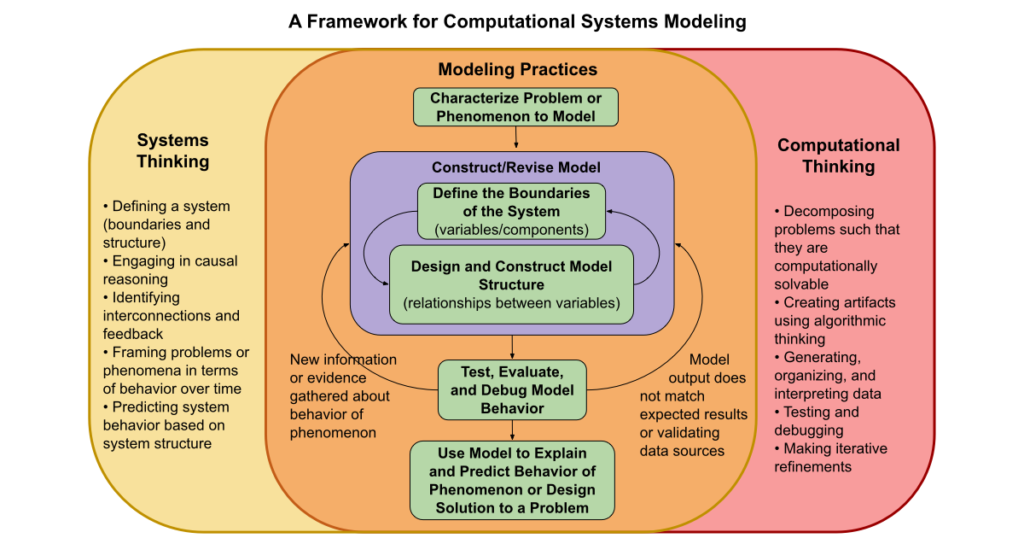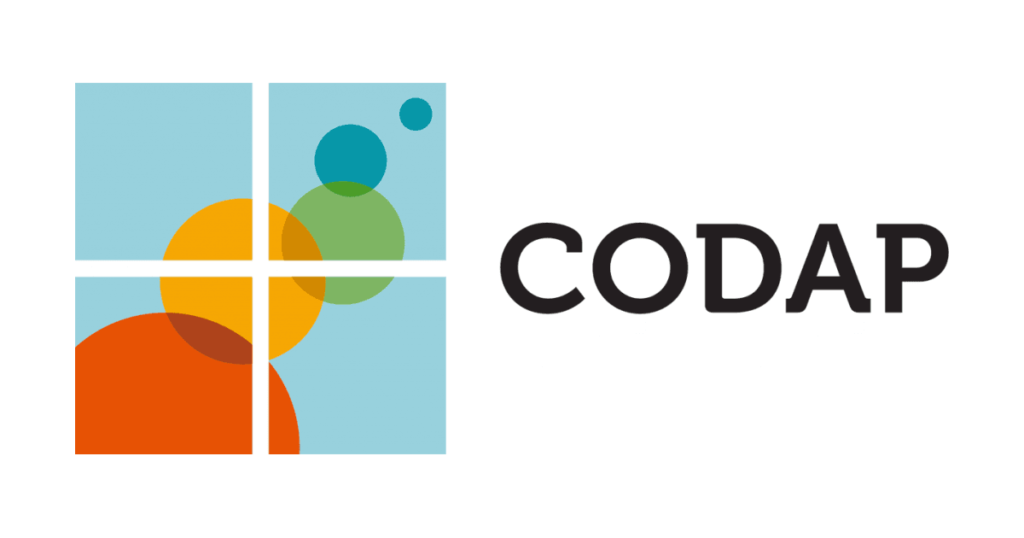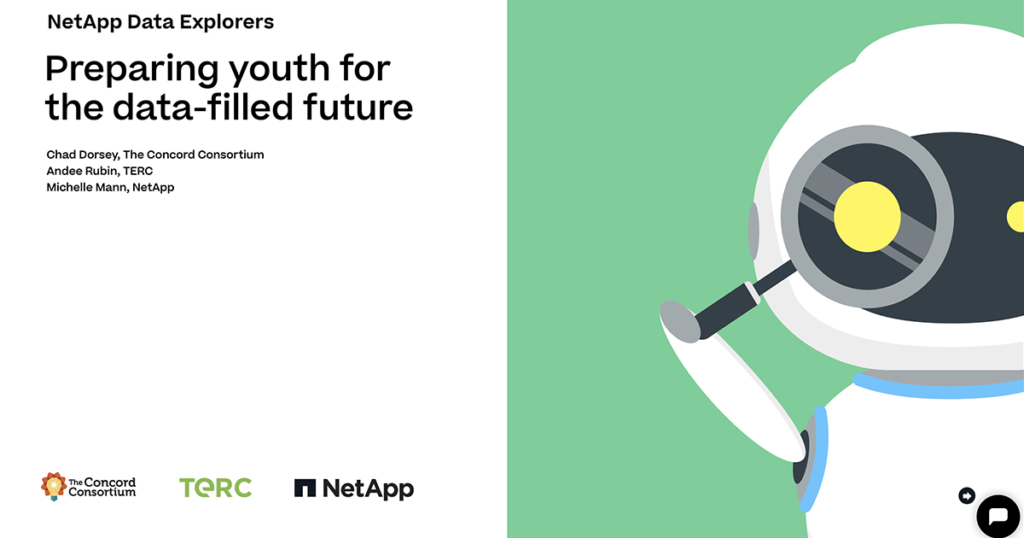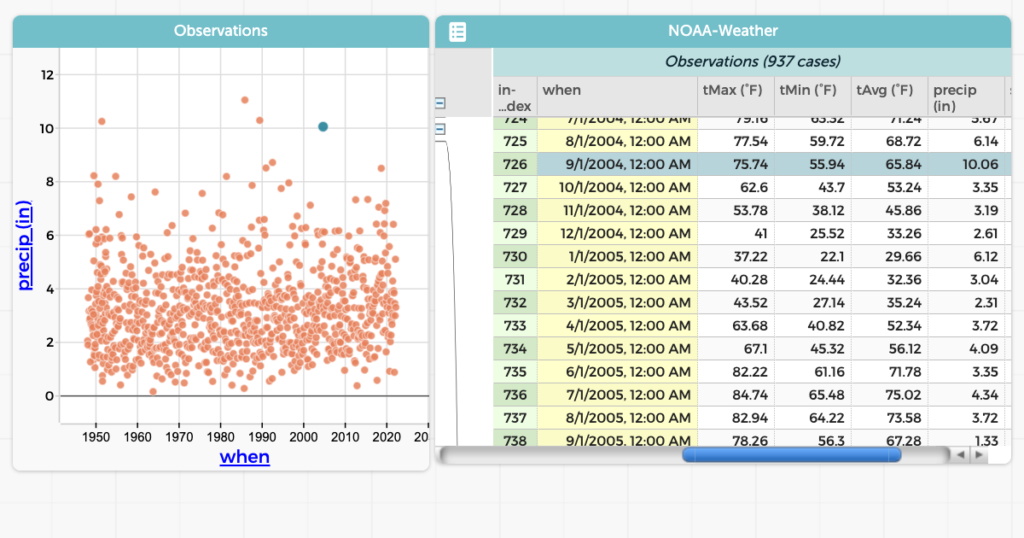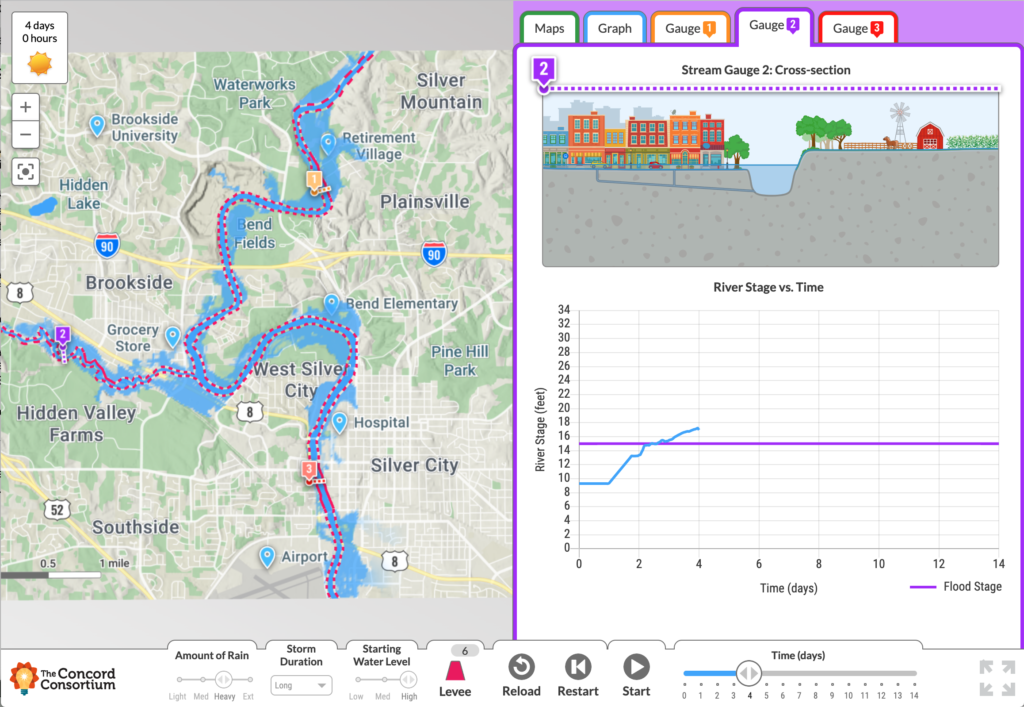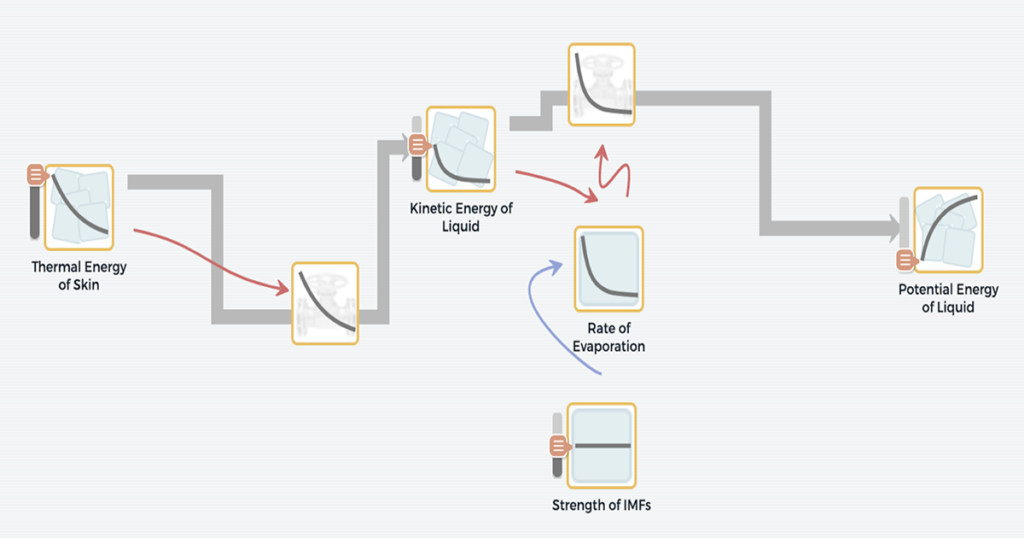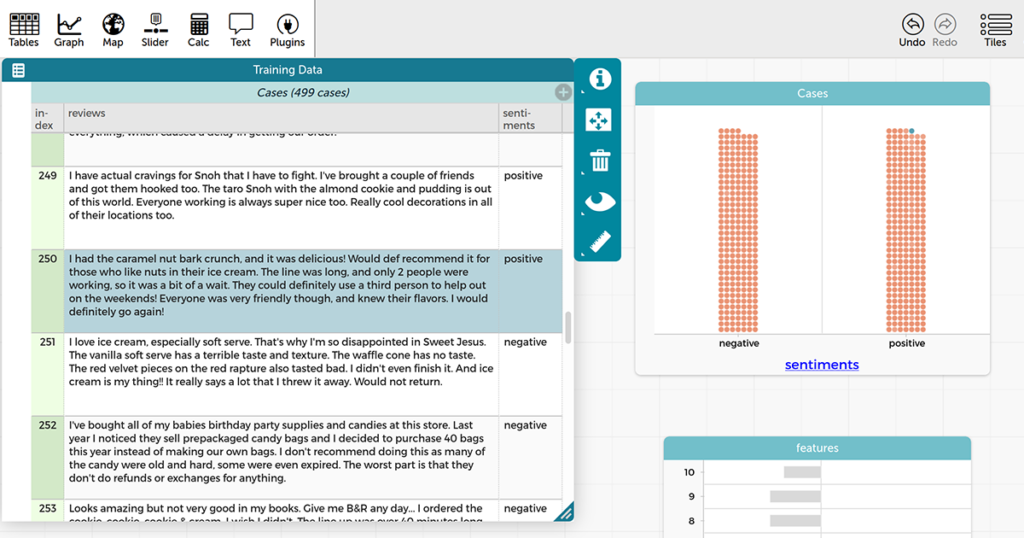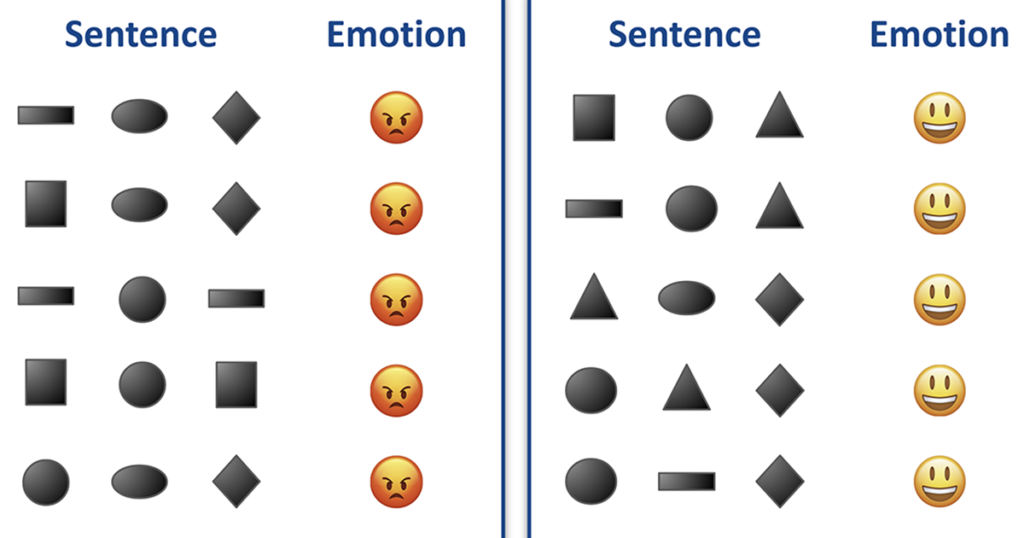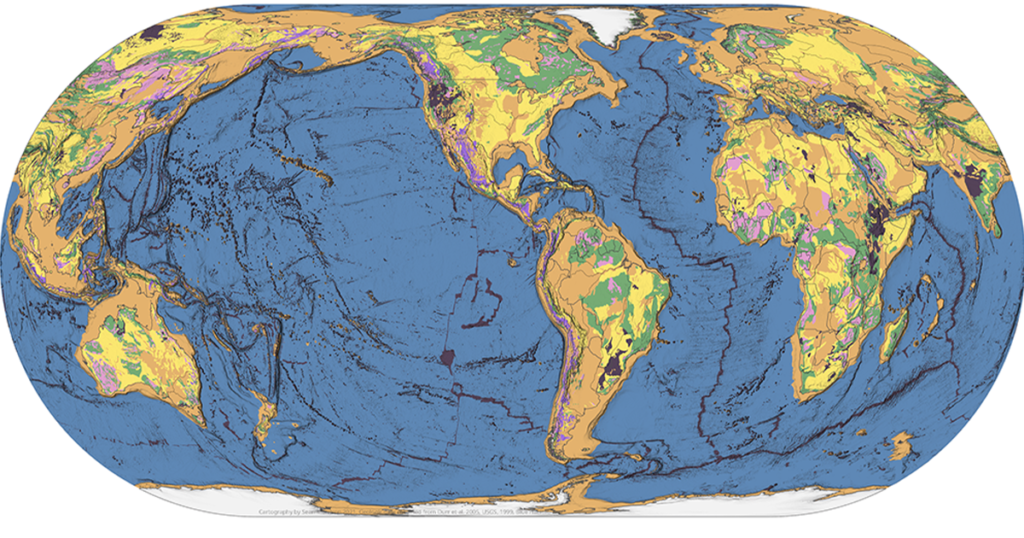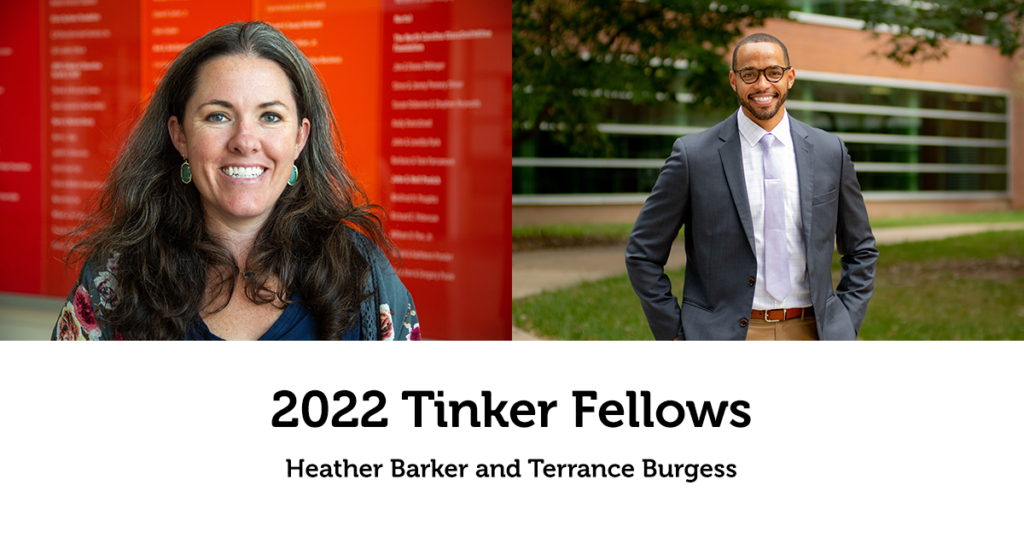Our Multilevel Computational Modeling collaborative project with Michigan State University has developed a novel theoretical framework based on a literature review of modeling, systems thinking (ST) and computational thinking (CT). The framework, which was also informed by years of work developing our SageModeler systems modeling software and researching student modeling, highlights how both ST and […]
Devin Finzer learned the value of data exploration and visualization early. His father, Bill Finzer, led the Fathom Dynamic Data Software development team at KCP Technologies and has been leading the development of the Common Online Data Analysis Platform (CODAP) at the Concord Consortium since 2014. Thanks to Devin Finzer’s generous gift of nearly $2 […]
A new report details the successes of an afterschool program designed to engage and empower underrepresented teens in using data to explore issues of societal importance. Coauthored by Concord Consortium president and CEO Chad Dorsey, Andee Rubin of TERC, and Michelle Mann of NetApp, Preparing youth for the data-filled future (PDF) describes essential takeaways for […]
In the WeatherX project, a collaboration involving EDC, Mount Washington Observatory, the University of Washington, and the Concord Consortium, we engage middle school students with weather data and weather science. We concentrate on extreme weather, of which there is plenty on Mount Washington. But, of course, every part of the world experiences extreme weather at […]
In the last 30 years, the risk of inland flooding in the United States has increased dramatically. Extreme rainfall events have become more frequent, causing widespread flooding and water damage. The costs to repair, rebuild, and remediate flooding have grown each year. Flooding in the Midwest in 2019 alone affected 14 million people and came […]
Have you ever wondered why, even on a very hot day, you feel cold when coming out of a pool, lake, or sprinkler? The Multilevel Computational Modeling project, a collaboration with the CREATE for STEM Institute at Michigan State University, has developed a new curriculum unit called “Why do I feel colder when I am […]
Imagine that you’re visiting a new city and want to know the best place to get ice cream. You might open your favorite search engine and check out reviews. Or you might see what people on Twitter have to say. Perhaps you decide to search for specific terms and see if more people recommend you […]
From 2001: Space Odyssey to The Terminator, our collective imagination is fascinated with Artificial Intelligence (AI). Even Disney Pixar’s Wall-E has something to say about AI, though on a lighter and arguably more accurate note. AI models are no longer futuristic or reserved for specific niche tech businesses or advanced computer science classes. Our Narrative […]
Is there a map that shows the distribution of the three major rocks types—igneous, metamorphic, and sedimentary—around the world? Our TecRocks team asked this question while trying to find real-world phenomena to engage students in the exploration of environments related to rock genesis. It seemed like a map like this should exist. Our hope was […]
The theme for this year’s Robert F. Tinker Fellows Program, which aims to promote innovation, creativity, and cross-disciplinary conversations, focuses on inclusion, equity, and access in STEM education. We are delighted to announce two Tinker Fellows in 2022. Heather Barker will create data exploration activities for students from middle grades through introductory statistics college courses […]
